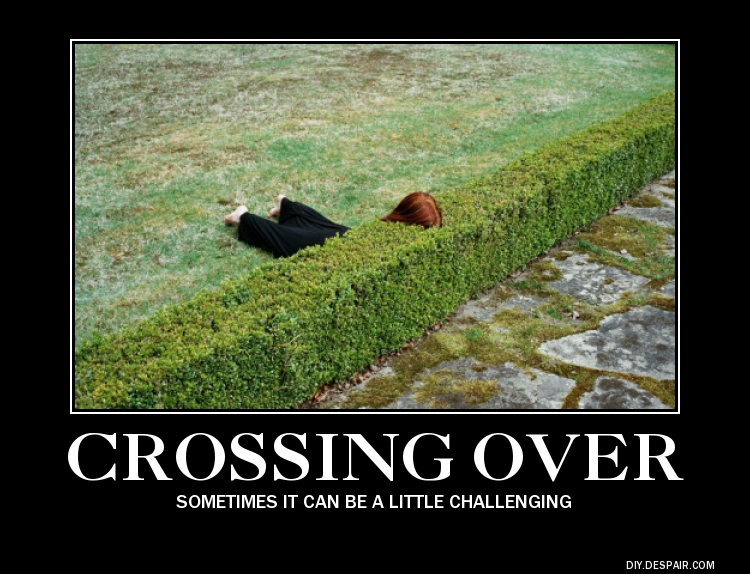The Steve Laube Agency is committed to providing top quality guidance to authors and speakers. Our years of experience and success brings a unique service to our clients. We focus primarily in the Christian marketplace and have put together an outstanding gallery of authors and speakers whose books continue to make an impact throughout the world.
Our Service Philosophy

Content
To help the author develop and create the best book possible. Material that has both commercial appeal and long-term value.

Career
To help the author determine the next best step in their writing career. Giving counsel regarding the subtleties of the marketplace as well as the realities of the publishing community.

Contract
To help the author secure the best possible contract. One that partners with the best strategic publisher and one that is mutually beneficial for all parties involved.
Recent Posts
President’s Day – 2026
Today is President’s Day in the U.S. Originally established in 1885 as a recognition of George Washington’s birthday (February 22), it was later expanded to include Abraham Lincoln (February 12) and all other U.S. presidents.
Here are ten presidential trivia questions for you to enjoy. Answers are posted below.
Trivia Questions
1. Who was the first U.S. president to appear in public wearing contact lenses?
2. Who is the only U.S. president buried in Washington, DC?
3. How many U.S. presidents were born in Tennessee?
4. Who was the last president to serve during the Civil War?
5. In 1879, which president became the first to have a telephone in the White House?
6. There has only been one grandfather/grandson duo to serve as presidents. Who were they?
7. Who was the shortest (in height) U.S. president?
8. Which four presidents never had a vice president?
9. Which two presidents kept alligators in the White House?
10. His middle name was Rudolph. Who is the only person to be neither elected to the post of president nor that of vice president?
Answers:
1. Lyndon Johnson
2. Woodrow Wilson
3. Zero
4. William McKinley
5. Rutherford B. Hayes
6. William Harrison (9th president, 1841) and Benjamin Harrison (23rd president, 1889).
7. James Madison (5′ 4″)
8. John Tyler, Millard Fillmore, Andrew Johnson, and Chester A. Arthur. All were vice presidents who ascended to the top office after their president died in office. The 25th Amendment did not have an official process for naming a vice president for this event until 1967.
9. John Quincy Adams (in the unfinished east wing) and Herbert Hoover (for his son, who kept two of them).
10. Gerald Ford. He was the House minority leader and was appointed VP after Spiro Agnew resigned. He became president after Richard Nixon resigned.
[By the way, this is not a post about politics, nor is this blog a place to voice political opinions. Please keep to the topic of writing and not the politics of your country of residence or elsewhere. Thanks!]
Leave a CommentFun Fridays – February 13, 2026
This is a video representing an author on the day before their deadline. (If you cannot see the video in your email newsletter, please click through to view it on the website.) ShareTweet
Elevator Pitches
It is safe to say that every person reading this post has ridden on an elevator built by the Otis Elevator Company. The company is based in the U.S. and employs over 70,000 people, with annual revenue exceeding $14 billion. The founder, Elisha Otis, who, by the way, was a Christian man, would give short demonstrations of his invention’s features as early as the mid-1850s, explaining how things worked to a few riders as they rode up and down on the new-fangled contraption. Eventually, the term elevator pitch came into vogue in the 20th century, as screenwriters would corner Hollywood …
Publishing Acronyms
After being in an industry for a while, there is a natural tendency to speak in code. Acronyms flow freely and can be a foreign language to those new to the conversation. Below is an attempt to spell out some of the more common acronyms in the publishing industry and some specific to the Christian publishing industry. They are grouped by topic in a rudimentary way but in no particular order. If there is one I’ve missed or you have a correction, please add it to the comments below. Impress your friends at your next party by confidently saying, “My …
Fun Fridays – February 6, 2026
I’ve said for years that the “separation” between the Christian and the general publishing markets is more of a hedge than a wall. And yet it can still be daunting to traverse. ShareTweet



